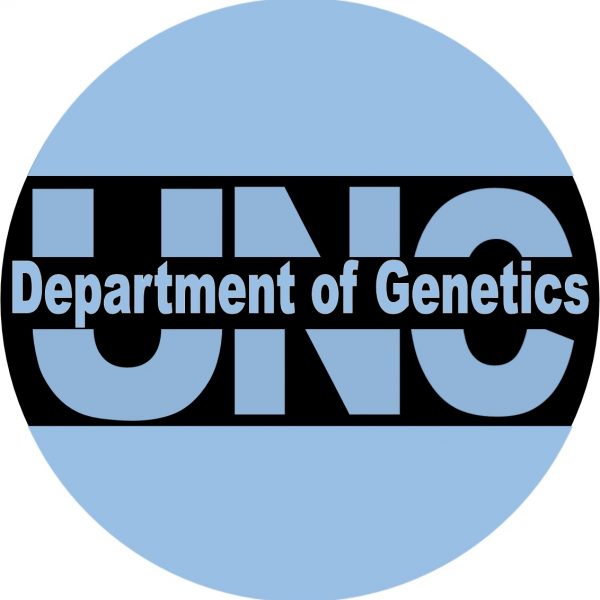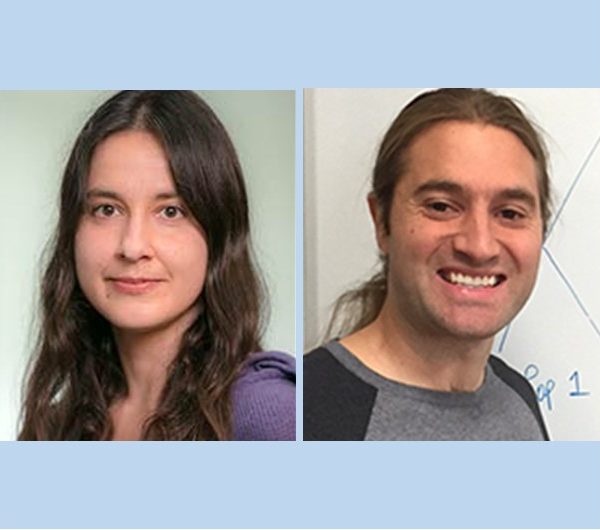Research Interests
Key words: epigenetic & transcriptional regulation in T cell differentiation, function & disease, cancer, hematological malignancies, lymphomas, immunotherapy
Our research aims to dissect the epigenetic and transcriptional mechanisms that shape T cell lineage specification during development in the thymus as well as in the periphery upon antigen (microbial, viral) encounter. We are studying epigenetic regulators that fine tune gene expression and control transcriptional networks. Moreover, we investigate how specific transcription factors drive gene expression and define T cell lineage fate. We are using genetically modified mice to interrogate the function of these molecules specifically in T cells. Aberrant expression of these factors can impact T cell differentiation and function and ultimately result in inflammation, autoimmunity or malignant transformation (T cell leukemias and lymphomas). To answer our questions we are using gene deficient mouse models, primary cell culture, multiparameter Flow Cytometry, molecular biology assays and next generation sequencing technologies to elucidate the regulatory information in cells of interest (transcriptome, epigenome, transcription factor occupancy).
Understanding the differences between physiological versus pathological T cell differentiation and immune response is fundamental in order to manipulate T cells to design better, more efficient therapies while minimizing side effects. Thus, our research is highly translational and our ultimate goal is to combat human disease.
Opportunities
Currently, we are seeking for motivated, creative individuals with strong background in immunology, mouse genetics and molecular biology to join the team. Experience with genetically modified mice/ mouse models of disease is desired. Knowledge of molecular biology methods and basic bioinformatic analysis skills is preferable. Interested candidates should send a CV, a statement of research interests and contact information for three references to Ageliki: ageliki_tsagaratou@med.unc.edu
Enthusiastic students eager to explore the molecular and genetic mechnanisms that shape T cell biology are strongly encouraged to contact Ageliki: ageliki_tsagaratou@med.unc.edu
Mentor Training:
- Bias 101
- Faculty Mentoring Workshop for Biomedical Researchers
- Groundwater Approach: Building a practical understanding of structural racism
- Implicit Bias Awareness
- REI Phase I Training
- Safe Zone
Training Program Affiliations:
- Cell Biology and Physiology
- Genetics and Molecular Biology
- Microbiology and Immunology
Publications
- Key Publications:
- Tsagaratou A. Lio CJ, Yue X, Rao A (2017). TET Methylcytosine Oxidases in T Cell and B cell Development and Function. Frontiers in Immunology. March 31; 8:220 PMID: 28408905
- Tsagaratou A, Gonzalez-Avalos E, Rautio S, Scott Browne J, Togher S, Pastor WA, Rothenberg E.V., Chavez L, Lahdesmaki H, Rao A (2017). TET proteins regulate the lineage specification and TCR-mediated expansion of iNKT cells. Nature Immunology2017 Jan; 18 (1); 45-53 (PMID: 27869820)
- Tsagaratou, A.*, Aijo, T.*, Lio, C.W., Yue, X., Huang, Y., Jacobsen, S.E., Lahdesmaki, H., and Rao, A. (2014). Dissecting the dynamic changes of 5-hydroxymethylcytosine in T-cell development and differentiation. Proceedings of the National Academy of Sciences of the United States of America111, E3306-3315. (PMID:25071199)(*equal contribution)
- NCBI Bibliography
- PubMed
Ageliki Tsagaratou in UNC Genetics News

July 17, 2023
Department of Genetics Publications for July 2nd – 15th, 2023
Department of Genetics faculty, postdocs, students and collaborators published 10 papers during July 2nd - 15th 2023.

January 30, 2023
Department of Genetics Publications for January 15th – 28th, 2023
Department of Genetics faculty, postdocs, students and collaborators published 16 papers during January 15th – 28th, 2023.

November 20, 2022
Department of Genetics Publications for November 6th – 19th, 2022
Department of Genetics faculty, postdocs, students and collaborators published 11 papers during November 6th – 19th, 2022.

August 29, 2022
Department of Genetics Publications for August 14th – 27th, 2022
Department of Genetics faculty, postdocs, students and collaborators published 14 papers during August 14th – 27th, 2022.

February 8, 2021
Department of Genetics Publications for Jan. 24 – Feb. 6, 2021
Department of Genetics faculty, postdocs, students and collaborators published twenty papers during Jan. 24 – Feb. 6, 2021.

January 11, 2021
Department of Genetics Publications for Dec. 27, 2020 – Jan. 9, 2021
Department of Genetics faculty, postdocs, students and collaborators published nine papers during Dec. 27, 2020 – Jan. 9, 2021.

July 7, 2020
Ageliki Tsagaratou, PhD and Dan Schrider, PhD Awarded MIRA (R35) Grants from NIGMS
Ageliki Tsagaratou, PhD (Assistant Professor, Genetics) and Dan Schrider, PhD (Assistant Professor, Genetics) Awarded five year MIRA (R35) Grants from National Institute of General Medical Sciences (NIGMS).

December 20, 2019
Ageliki Tsagaratou, PhD Receives Junior Faculty Development Award
Dr. Ageliki Tsagaratou, Assistant Professor, Department of Genetics, is the recipient of a UNC Junior Faculty Development Award for her project titled “Epigenetic Programming of Invariant Natural Killer (iNKT) Cells”.
